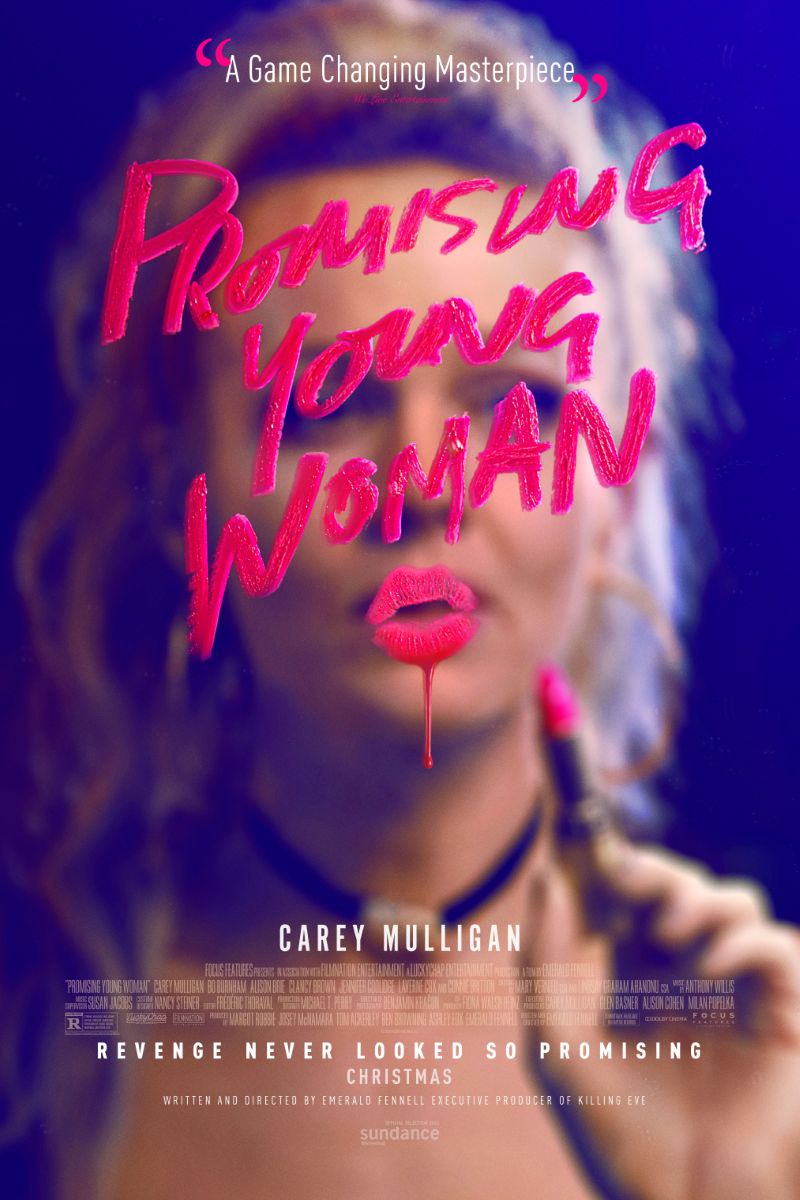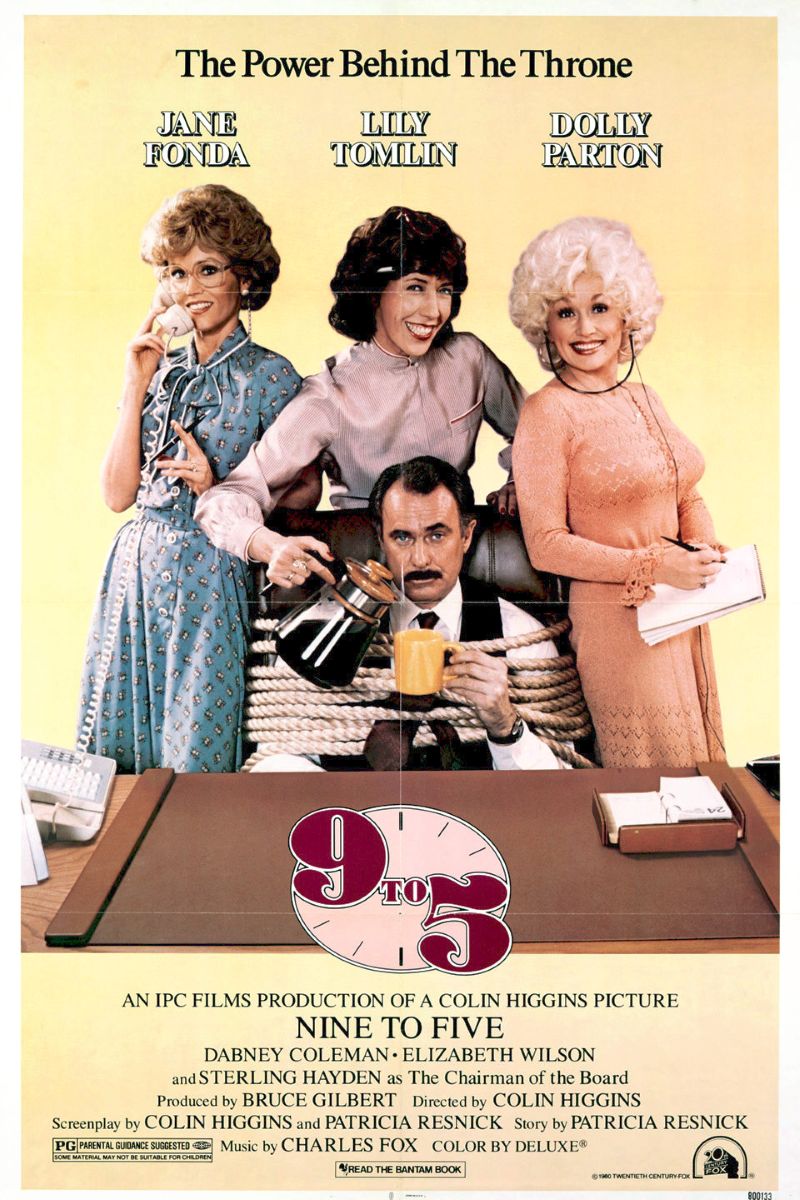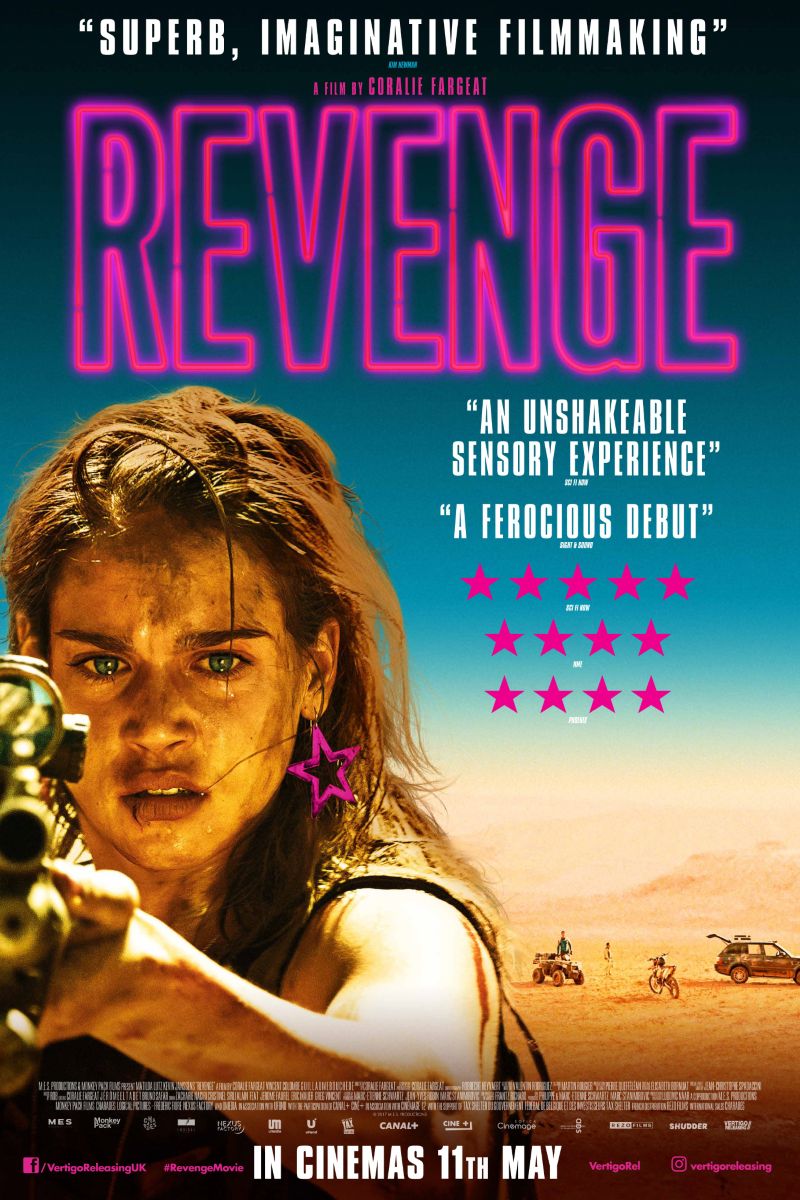
Promising Young Woman
Promising Young Woman
A bold and provocative thriller that confronts rape culture through the story of Cassie, a woman seeking justice for her best friend's assault. This Academy Award-winning film challenges audiences to examine complicity, consent, and the systems that protect predators.
Cast
Related Topics
🎥 Film Analysis & Review
Emerald Fennell’s directorial debut “Promising Young Woman” emerged in 2020 as a lightning rod for conversations about consent, accountability, and justice in the #MeToo era. Starring Carey Mulligan in a career-defining performance, the film uses the framework of a revenge thriller to examine the pervasive nature of rape culture and society’s complicity in protecting perpetrators.
A Deceptive Candy-Colored Nightmare
From its pastel aesthetic to its pop music soundtrack, “Promising Young Woman” presents itself as almost whimsical—a deliberate choice that mirrors how society often sugar-coats or minimizes sexual violence. The film’s bright colors and stylized presentation create cognitive dissonance with its dark subject matter, forcing viewers to confront their own discomfort with discussions of assault and consent.
Cassie’s Mission of Accountability
Carey Mulligan’s Cassie is not a traditional victim or survivor; she’s a woman driven by the trauma of her best friend Nina’s assault and subsequent suicide. Cassie’s weekly ritual of pretending to be drunk in bars and confronting would-be predators serves as both personal therapy and societal critique. Her methods raise uncomfortable questions about vigilante justice and the failures of institutional systems to protect women.
The Banality of Evil
One of the film’s most powerful elements is its portrayal of perpetrators and enablers as ordinary people—the “nice guys” who are beloved by their communities. The film refuses to present rapists as obvious monsters, instead showing how sexual violence is often perpetrated by men who are otherwise seen as charming, successful, and respectable. This realistic portrayal forces audiences to confront the uncomfortable truth that predators often hide in plain sight.
Complicity and Bystander Culture
“Promising Young Woman” excels in its examination of how entire systems enable sexual violence. From the university administrators who covered up Nina’s assault to the friends who remained silent, the film illustrates how rape culture persists not just through active perpetration but through passive complicity. The most chilling moments often come not from overt violence but from the casual dismissal and minimization of women’s experiences.
The Nice Guy Myth
The film’s portrayal of “nice guys” is particularly sharp. Characters who present themselves as feminists and allies are revealed to have their own capacity for harm when their self-image is threatened. This exploration of performative allyship speaks to broader conversations about how men can unconsciously perpetuate harmful systems while believing themselves to be part of the solution.
Systemic Failure and Institutional Protection
Throughout the film, institutions—universities, law enforcement, social circles—consistently prioritize protecting men’s reputations over women’s safety. This systematic failure isn’t presented as corrupt individuals making bad choices, but as the logical outcome of systems designed to protect certain people at the expense of others.
The Cost of Justice
Cassie’s journey toward accountability comes with increasingly high personal costs. The film doesn’t romanticize revenge or present it as ultimately healing. Instead, it explores the psychological toll of carrying trauma and anger, and the isolation that comes from refusing to “move on” from injustice.
A Polarizing Ending
The film’s conclusion has sparked significant debate among critics and audiences. Without spoiling specifics, Fennell’s choice to subvert typical revenge thriller expectations forces viewers to grapple with the reality that individual acts of resistance, no matter how dramatic, cannot single-handedly dismantle systemic oppression.
Cultural Impact and Conversations
“Promising Young Woman” arrived at a moment when society was already grappling with questions raised by the #MeToo movement. The film’s success—including an Academy Award for Best Original Screenplay—demonstrated audiences’ appetite for stories that center women’s experiences with sexual violence without exploiting or sensationalizing trauma.
Critiques and Discussions
The film has faced criticism for its portrayal of trauma, its focus on a white protagonist, and questions about whether it adequately represents survivor experiences. These conversations themselves are valuable, highlighting the complexity of depicting sexual violence on screen and the importance of diverse voices in these discussions.
Performance and Direction
Carey Mulligan’s performance anchors the film with a portrayal that balances vulnerability and rage, trauma and determination. Fennell’s direction maintains tonal consistency while navigating between dark comedy and serious drama, creating a unique cinematic language for discussing difficult topics.
Legacy and Influence
“Promising Young Woman” has influenced both cinema and culture, encouraging more nuanced discussions about consent, accountability, and the nature of justice. The film’s commercial and critical success has opened doors for more female filmmakers to tackle difficult subjects with bold, uncompromising visions.
Conclusion
“Promising Young Woman” succeeds not because it provides easy answers to complex problems, but because it forces uncomfortable conversations about complicity, accountability, and the price of justice. Fennell has created a film that functions both as entertainment and as a catalyst for social discussion, proving that popular cinema can address serious issues without sacrificing artistic integrity.
The film’s lasting impact lies not just in its story, but in its ability to make audiences examine their own behaviors, assumptions, and complicity in systems that perpetuate harm. It stands as a powerful example of how feminist cinema can challenge, provoke, and inspire while remaining accessible to mainstream audiences.
🏆 Awards & Recognition
- • Academy Award for Best Original Screenplay
- • BAFTA Award for Best Original Screenplay
- • Critics' Choice Movie Award for Best Actress
⭐ Ratings & Links
No links available
Related Recommendations
讨论区
分享您的想法和观点
加入讨论
分享您的想法和观点
加载评论中...

